Ruth Mack Brunswick
Psychoanalyst Ruth Mack Brunswick served as a crucial sounding board for Sigmund Freud, helping him revise his theories on the importance of the mother in the early shaping of the psyche. A valuable contributor to the American psychoanalytic group, Brunswick’s tactful thinking won her ideas a rare acknowledgment.
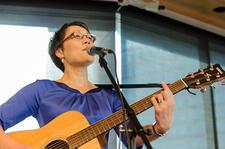
Angela Buchdahl
Angela Warnick Buchdahl is the first Asian American to be ordained as a rabbi and cantor. She is the senior rabbi of Central Synagogue in New York and is a major leader in American Judaism’s continued work on diversity, equity, inclusion, and innovation.
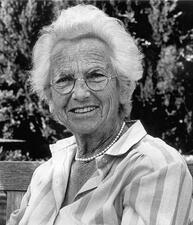
Edith Bülbring
German-born scientist Edith Bülbring was renowned for her work in smooth muscle physiology, which paved the way for contemporary cellular investigations. She pursued this work through a large and flourishing large research group at Oxford University, which she led for seventeen years. In 1958 she was elected to the Royal Society.
Emilie M. Bullowa
As a lawyer and activist, Emilie M. Bullowa devoted her life to justice for the disenfranchised. Her colleagues, as well as many judges, respected her attitude as a woman in a field then dominated by men: She took pride in being a lawyer, rather than in being a female lawyer.
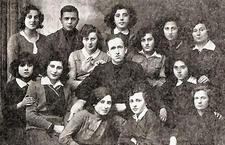
Women in the Bund
Jewish women played leading roles in the formative years of the General Jewish Workers’ Bund, which was established in the Tsarist Empire in 1897, and initially participated in the movement in large numbers. However, the Bund had somewhat less success in mobilizing women in independent Poland between the two world wars than it had during the Tsarist era.
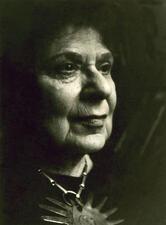
Ruth Leah Bunzel
Ruth Leah Bunzel began her career as anthropologist Franz Boas’s secretary, soon becoming an accomplished anthropologist herself. She broke new ground in her research the relationship of artists to their work and on alcoholism in two villages in Guatemala and Mexico.
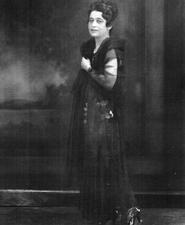
Mirra Burovsky-Eitingon
Mirra Burovsky was the first Jewish actress to star in the mainstream Russian theater. Her stormy life and career brought her to center stage of Jewish cultural, intellectual, and social ferment in Tsarist and revolutionary Russia, Weimar Germany, and mandatory Palestine. Her third marriage, to psychoanalytist Max Eitingon, and the career of her son Yuli Khariton, “the father of the Soviet atomic bomb,” created the background for a continuing espionage controversy.
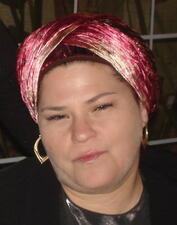
Rama Burshtein
Rama Burshtein’s films are among the most important created by a Haredi woman. Her first commercial film was shown exclusively to Haredi women, but Burshtein found the conventions of Haredi cinema poorly suited to her artistic aspirations, and her later films were aimed at the nonreligious world.
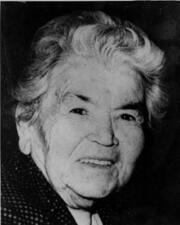
Hayuta Busel
As a widowed immigrant and young mother, Hayuta Busel fought to expand options for women in Palestine throughout her work on kibbutzim and in the women’s labor movement. Busel believed profoundly in the liberation of Jews, especially women, in the Hebrew language, and in the creation of a new model of family which would facilitate women’s liberation.
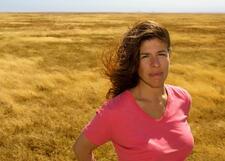
Danielle Butin
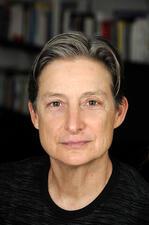
Judith Butler
Judith Butler is the Maxine Elliot Professor of Comparative Literature and the Program in Critical Theory at the University of California, Berkeley. Butler’s work treats gender, hate speech, the precarity of life, the precarity of one’s position as a Jewish thinker in light of Israeli policy towards Palestinians, alternative kinship structures, non-violence, vulnerability, and other, equally complex and important aspects of human existence.
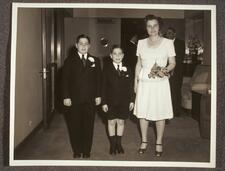
Helen Lehman Buttenwieser
As a lawyer, Helen Lehman Buttenwieser fought to protect children in the foster care system. Throughout her life in the law she served as an important role model for many women attorneys.


